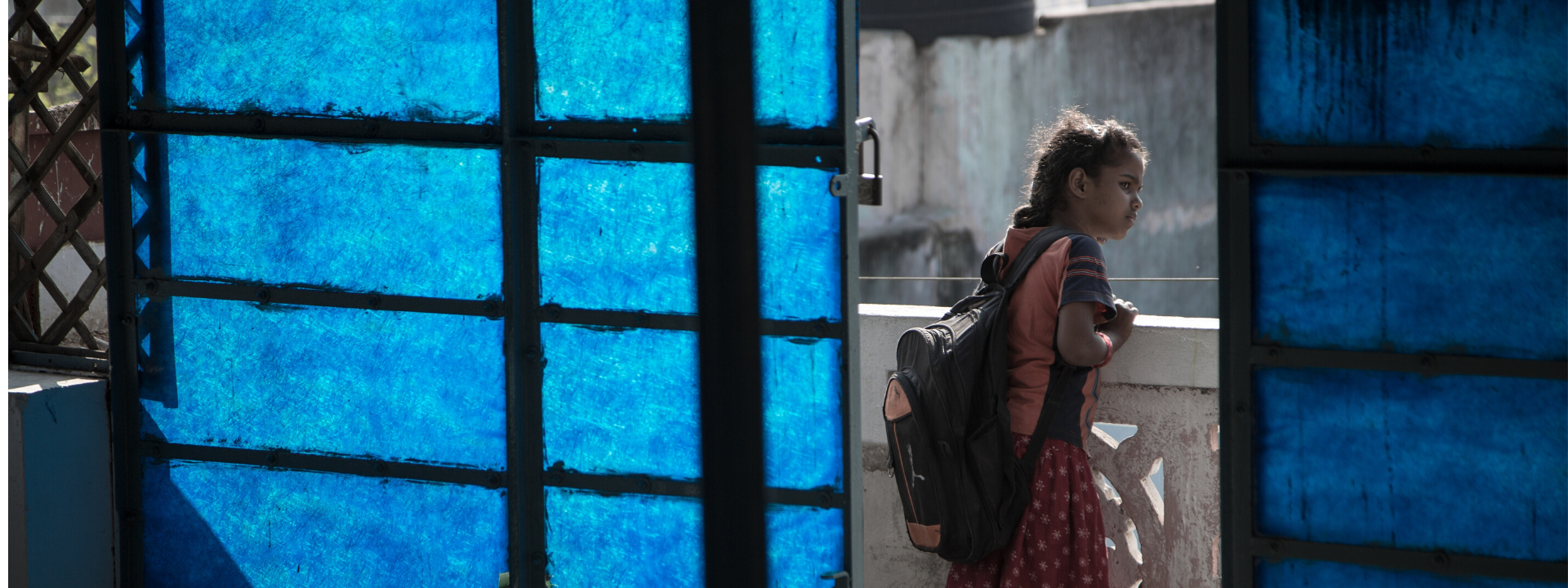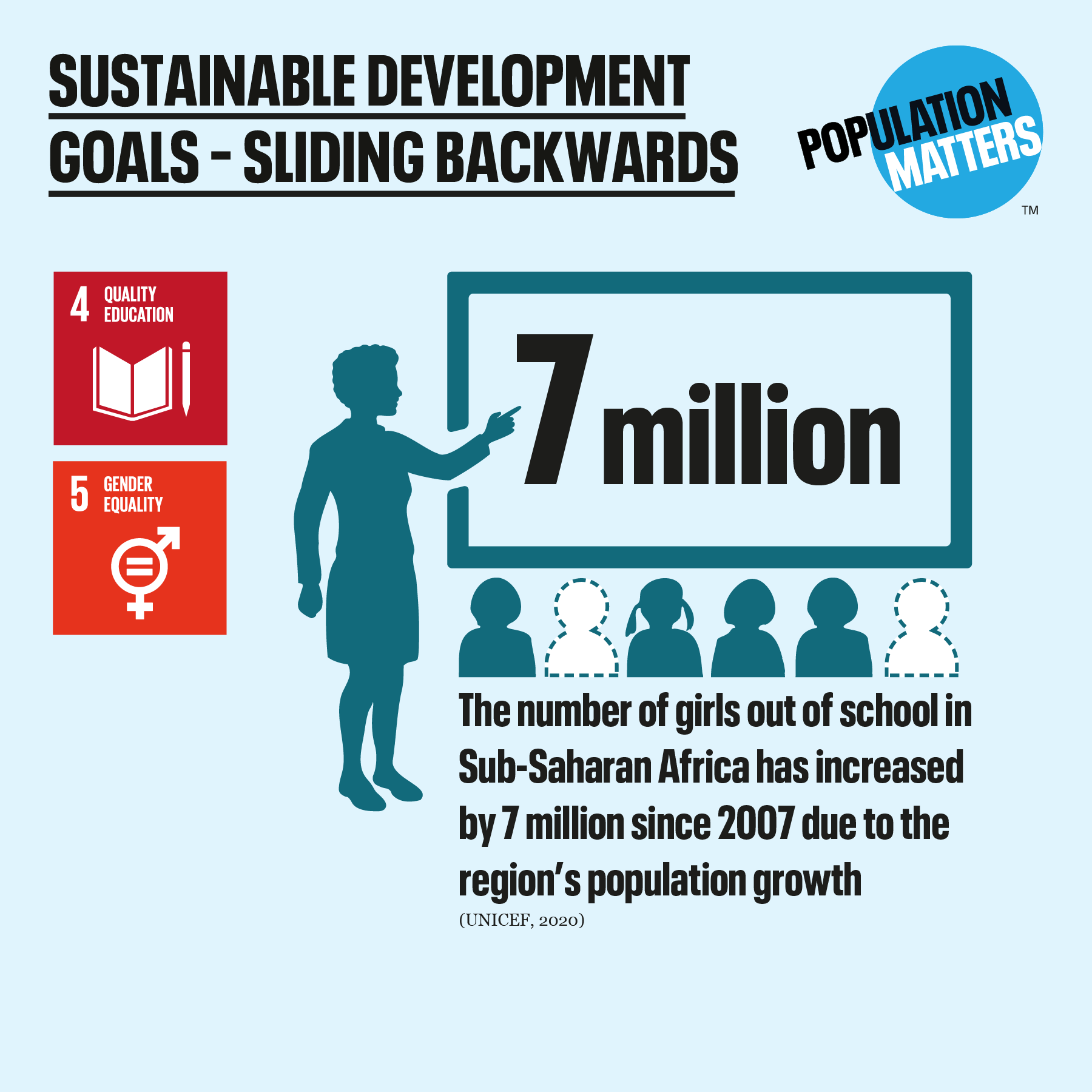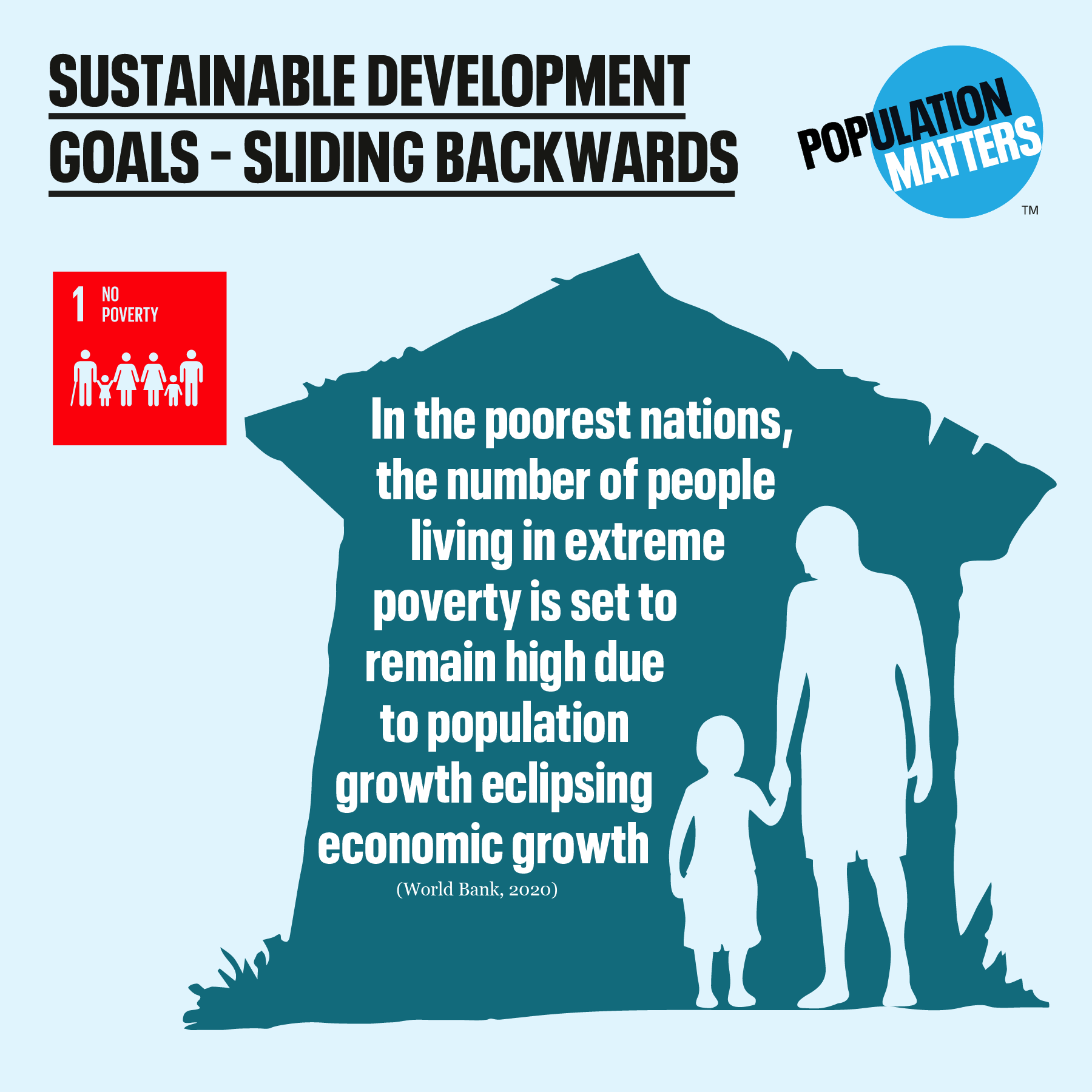
“Baby drought”? Let’s focus on the real COVID-19 crises
Mainstream media is rife with alarming headlines about how the world may soon run out of babies because the pandemic has caused people to postpone or rethink having (additional) children. Not only does this paint declining fertility rates as a threat instead of the hugely beneficial development they represent – it also distracts from the real crises exacerbated by COVID-19, including gender inequality and poverty. Population Matters Senior Communications Officer Olivia Nater explains.

“More than a year since the global pandemic struck, its damage to population growth is starting to become starkly clear, and not just because of the grim death toll,” reads the first sentence in a Bloomberg article about a “global baby drought”. The Financial Times states “We are in a global baby bust of unprecedented proportions. It is far from over and its implications are gravely underestimated.” Countless other media stories frame falling birth rates as a global disaster. This is hugely problematic for several reasons.
The global picture
These misleading articles all focus on wealthy nations, particularly the US and European countries where people are largely empowered to choose to prevent and delay pregnancy. In the Global South, hundreds of millions of women are having more children than they want or can provide for – a crisis made worse by COVID-19 via the disruption to vital family planning services, increased gender-based violence, and a surge in child marriage.
UNFPA estimates that in its first year, the pandemic lead to 12 million women losing access to contraception, resulting in 1.4 million additional unintended pregnancies. According to a new UNICEF report, COVID-19 may cause an additional ten million child marriages before the end of the decade. This is due to school closures and rising poverty leading to more parents giving their daughters away in marriage. Worst of all, lockdowns have provoked a worldwide spike in violence against women and girls, including rape and incest.
“Many violence victims rely on access to birth control and are becoming pregnant as a result of this violence, which chains them even more to their abusers’ control,” Paula Avila-Guillen, head of the Women’s Equality Center, told Reuters.
COVID-19’s long-term impact on global population growth remains to be seen but the fact that more than 80% of people live in hard-hit low- to mid-income countries hints at additional births, not fewer.

Women’s bodies and babies are not economic tools
My heart goes out to couples whose baby-making plans were ruined by the pandemic but choosing not to become parents in the middle of a global health crisis is a very rational decision. Empowered couples who make the choice to avoid pregnancy until their circumstances improve should be celebrated, not accused of harming the economy.
The political discourse around population growth has too long focused on short-term economic interests – instead of fearing too few babies, world leaders should embrace and encourage small families. Falling birth rates are a result of women’s emancipation and greater choices, and with 7.8 billion of us and counting, they also happen to be one of the best ways to protect the environment. Attempting to counter this positive trend through pro-natal policies that treat women’s reproductive systems as GDP levers is absurd, as well as potentially dangerous. Rapid population ageing certainly poses challenges but there are many more ethical policy options available to address it once we recognise that filling up the bucket with yet more people – who will also grow old – is counter-productive.


Priorities
World leaders must urgently double down on efforts to improve the human and planetary welfare indicators laid out in the Sustainable Development Goals (SDGs). A new UN report estimates that in the poorest countries, the pandemic has pushed back the already far-off achievement of the SDGs by another decade. Worryingly, it seems governments’ stimulus packages are primarily geared towards achieving a return to the harmful growth-dependent systems responsible for precipitating our current crises. Recovery efforts must prioritise fighting the worst inequalities and injustices amplified by COVID-19. Let’s please get our priorities right and put people and planet before profit.
